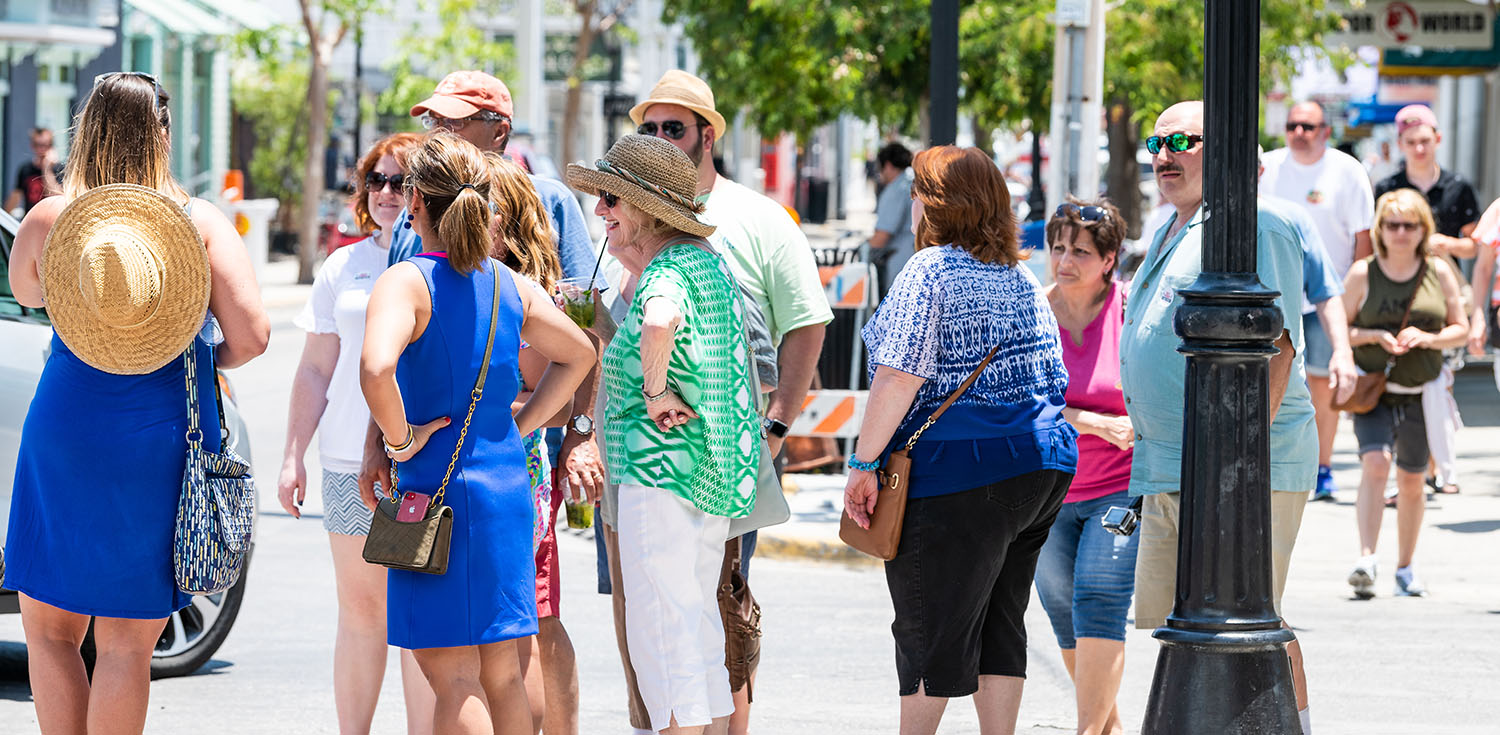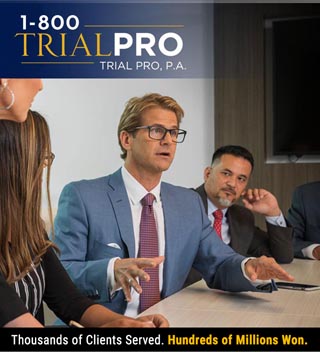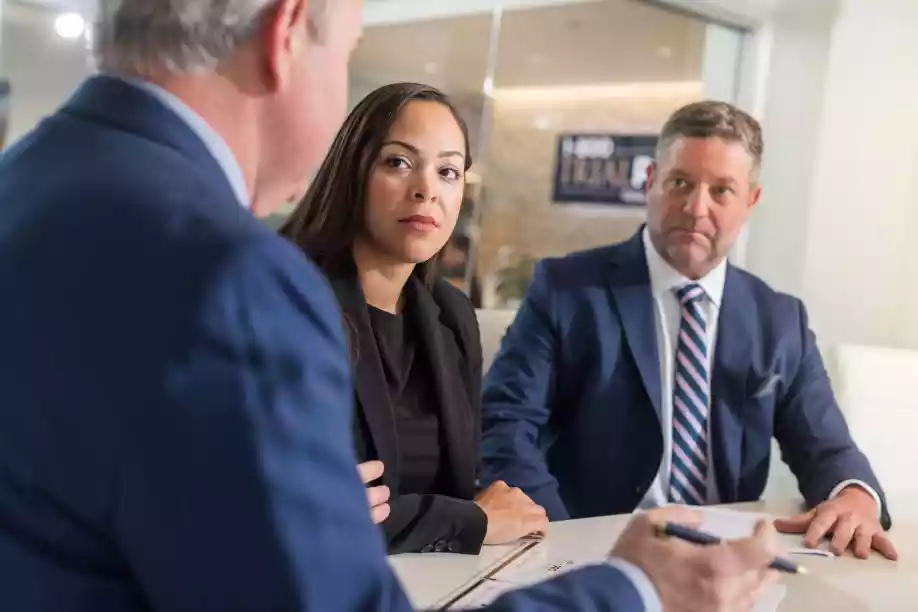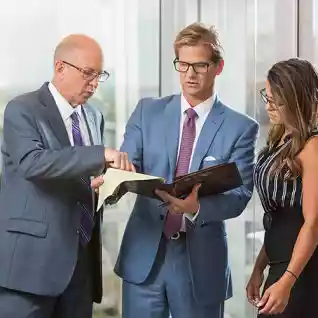
If you are injured in a pedestrian accident, you will more than likely be entitled to compensation for your injuries and pain and suffering. Florida is a no-fault state which means that no matter if you are at fault for an accident or not, your own insurance company is responsible for paying your medical bills at 80% up to $10,000.00. This coverage is referred to as personal injury protection. If you do not have auto insurance of your own, you will then be entitled to use the auto insurance of a family member who resides in your household. If you do not reside with a relative and do not have your own insurance, you will then be entitled to use the auto insurance that covers the vehicle that hit you. Your medical provider will send your bills to the appropriate insurance company and the insurance company will pay them directly. If you miss time from work, you must have a note from your treating doctor stating you are medically unable to perform your job duties at all or you must be placed on light duty. Once you have that note, your employer must complete a wage and salary verification form. These forms are sent to the insurance company and the insurance company reimburses you 60% of your lost wages out of the personal injury protection benefits. This coverage also reimburses you for prescriptions that you pay out of pocket for and mileage reimbursement for traveling to and from your doctor’s office. Once the full $10,000.00 is exhausted, your insurance company will no longer be responsible for any additional payments. If you are still treating with your doctor for your accident related injuries, some doctors will still continue to treat you by having you and your attorney sign a letter of protection. A letter of protection is a simple contract between you, your attorney and your doctor, stating that your doctor will still treat you for your injuries and once your claim settles, your attorney will pay any outstanding medical balances out of your settlement. If your claim does not settle, you will be responsible for any outstanding medical balances.
If you are injured in a pedestrian accident and decide to file a personal injury claim against the at fault party, the responsible insurance company will be able to notify you or your attorney if you have one, how much bodily injury coverage is available under the policy that insures the at fault vehicle. The state of Florida does not require drivers to purchase bodily injury coverage on their policy. If there is bodily injury coverage, you will be able to pursue your claim up to the policy limits. The maximum amount of money you can be compensated for is the policy limit. The only way around this limit is if you have significant injuries that clearly warrant that the insurance company tenders their full limits to you and they refuse, your attorney can file a civil remedy notice which gives the insurance company 60 days to comply. If they do not tender their limits by that time frame, your attorney can file a lawsuit against them in excess of the policy limits.
In some instances, if you suffer significant injuries, insurance companies automatically tender their limits to you in an effort to resolve your claim. You should always ask for the policy information in writing so you can see for yourself how much bodily injury coverage is available under that policy.
If there are multiple people injured in the same accident, all parties must settle for the policy limits, no matter how low they are. Insurance companies tend to schedule global mediations to meet with all claimants to determine how much compensation each party should be entitled to if they have low policy limits or several claimants. If there is not enough bodily injury coverage to fairly compensate you for your injuries, you can turn to your underinsured motorist coverage on your own policy. Underinsured motorist coverage is a coverage you pay for on your own insurance policy to protect you and anyone in your vehicle if you are injured by someone who does not have enough bodily injury coverage to compensate you for your injuries. Uninsured motorist coverage compensates you for injuries sustained in an accident if you are hit by someone who does not have bodily injury coverage at all. The only way you are entitled to pursue a claim against your uninsured or underinsured motorist policy is if the at fault insurance company pays out their entire policy limits or if there is no bodily injury coverage on their policy.
Once you have completed your medical treatment, if you have an attorney, the attorney will gather your medical bills and records and summarize all of your injuries and medical treatment and put it into a letter to send to the insurance company with an amount they wish to settle your claim for. This is known as a demand package. The attorney and insurance company then negotiate back and forth for a short while until the insurance company is at their final top offer.
Unfortunately, sometimes auto accidents can be fatal. If your loved one passes away due to an auto accident, their own insurance company should be responsible for any funeral expenses up to their policy limits. Typically, insurance companies have a $5,000.00 death benefit limit that will be paid to the deceased family for funeral arrangements. If they do not have an insurance policy of their own, the at fault insurance company will be responsible for paying these benefits if they have death benefits on their policy. They will also be responsible for paying any medical bills if the deceased was treated by a medical facility up to $10,000.00 at 80% out of the personal injury protection coverage. The at fault insurance company will usually tender their insurance policy limits to the family if the accident is fatal, up to a certain limit.
If you are forced to file a lawsuit against an insurance company for a family member who was fatally injured in a pedestrian accident, you may be able to include pain and suffering for family members, loss of wages for the deceased and typical funeral expenses. You have four years from the date of the accident to file a claim against an insurance company in the state of Florida.











